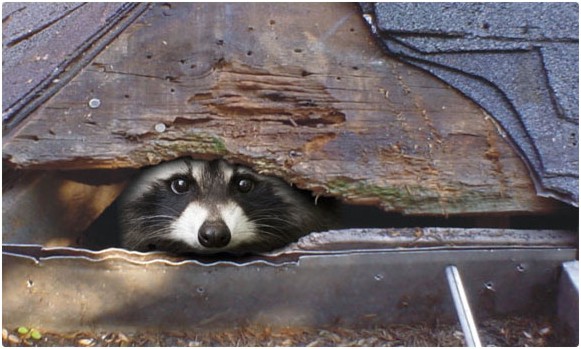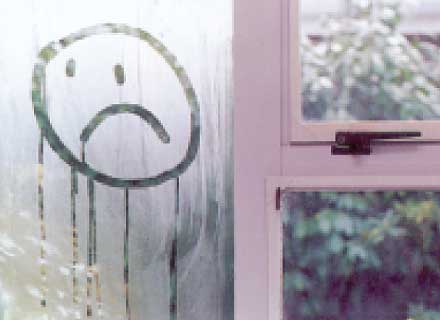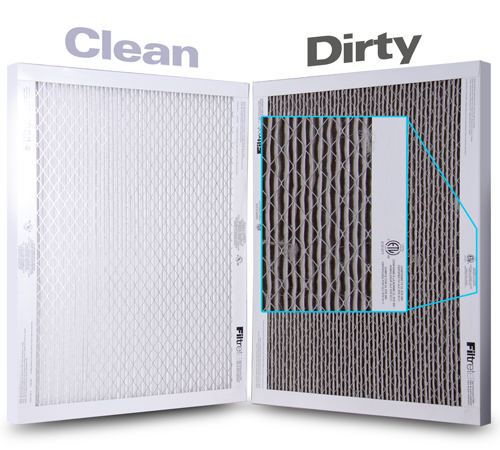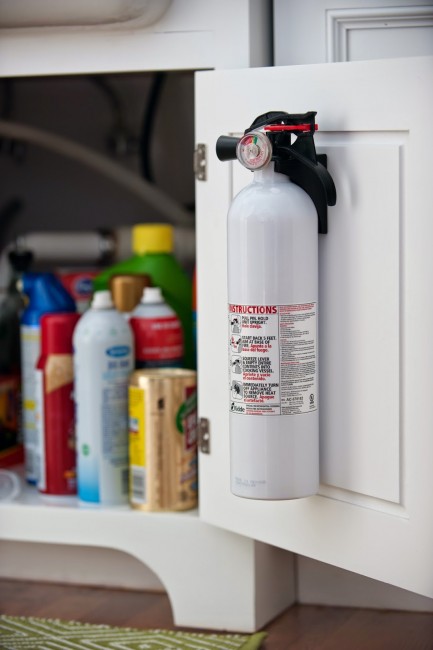We recently posted a blog about exterior spring maintenance. In this follow-up, we offer interior home maintenance tips for spring.
ATTIC 
When it comes to building snug winter nests, critters are wild about cozy attics. Spring is a great time to check for unwanted under-eave pests. Wear a mask and protective clothing as you inspect your attic for signs of bugs and wildlife. Address any issues immediately and contact a professional exterminator or live trapper if necessary.
Seasonal rain showers also make spring a good time to check for water leaks in the attic. Be on the lookout for wet spots and water staining, and for less-obvious signs such as rusted nails and mineral deposits. The most likely spots for leaks are under roof valleys, around the fascia/soffit, and next to chimneys, vents or exhaust pipes that penetrate the roof.
WINDOWS 
Older windows, especially those with single-pane glass, are prone to accumulating moisture on the interior glass. Much like the outside of an icy drink in summer, condensation drips down the window and then sits on the sill. Clean any water stains, then properly glaze or caulk windows to prevent water from rotting the sill and getting into the wall where it can wreak unseen damage.
BASEMENT or CRAWL SPACE
Walk (or crawl) the perimeter of the space looking for signs of moisture. Your eyes, fingers and nose will all come in handy for this inspection. Look for actively wet areas, as well as signs of previous water entry in the form of staining or mineral deposits. Corners, windows, and the walls near exterior downspouts are the most common areas for water to come in. Feel the walls and floors for moisture and soft spots. A musty smell indicates a lack of air flow and possible mold, which should be cleaned and remediated.
HVAC
ENERGY STAR recommends checking your heating, ventilation and air conditioning (HVAC) filter every month. If the filter looks dirty, change it. At minimum, replace the filter every three months. Consider an annual tune-up this spring to keep your HVAC system working efficiently.
It’s a great idea to stock up on filters so there’s at least one in reserve at all times. Many HVAC service technicians cite regular filter replacement as the single most effective way to maximize efficiency and increase the lifespan of your system.
Clean the exterior of your outdoor air conditioning unit by removing debris that may settle on or around the equipment. Leave any work on the interior of the unit to an HVAC professional.
INDOOR PLUMBING
Periodically run water and flush toilets in places that don’t get used often, such as guest bathrooms. If you have a water softener, add salt if needed. To prolong the life of your water heater, test its pressure relief valve, flush the unit and remove sediment at least once a year.
BATHROOM CAULKING AND GROUT
Remove and replace caulk that has separated from around tubs, showers, sinks, countertops and toilets. Regularly re-seal tile grout and concrete countertops.
EXTINGUISHERS AND DETECTORS
Make sure your fire extinguisher is accessible and has adequate pressure. Test smoke and carbon monoxide detectors to ensure fresh batteries. To be safe, change your detector batteries every six months.


